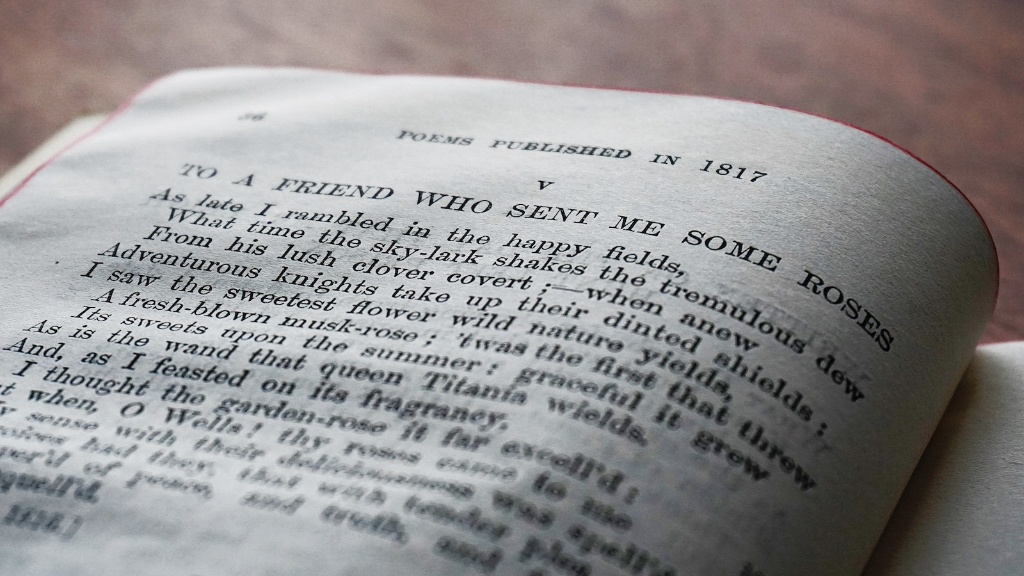Background Information: Mark Twain was an American author, one of the greatest and most beloved writers in American literature, who passed away in 1910. He wrote numerous acclaimed books and essays, including the Adventures of Tom Sawyer and The Adventures of Huckleberry Finn. His sharp wit, incredible storytelling ability, and flair for dialogue and characterisation made him renowned and popular worldwide.
How did Mark Twain Die? Mark Twain died of a heart attack. The attack happened the evening of April 21, 1910, at his home Redding, Connecticut. He had not been feeling well for a few weeks prior to his death and had been diagnosed with angina. After he was found unresponsive in his study, medical help arrived to revive him but it proved too late.
At the time of his death, Mark Twain’s legacy was largely as an acclaimed local and international writer. He was well-known for his off-the-cuff remarks and public lectures, as well as writing a few incendiary political essays for prestigious publications. His fame as a wit, author and public figure had only grown in the years since he wrote his first book, The Innocents Abroad, in 1869. His funeral was attended by many dignitaries and he was mourned deeply by those who loved his works.
Age & Illness: Twain was 74 when he died, and his death was not unexpected. In addition to his angina, he was suffering from a prolonged period of depression. He had long been a sufferer of depression, and in his older years, he had been dealing with an increasing level of physical and emotional pain. He was known to avoid doctors and to embrace homeopathic and herbal remedies over traditional medicine.
Twain’s years of depression caused a dramatic drop in his health, leading to his debilitating final years. His wife’s death in 1904 had also been a great blow and further deteriorated his health. His declining health led to his last prominent public lecture just a few months before his death.
Legacy: Mark Twain’s influence and legacy is still felt today, particularly in the genres of dark comedy, satire and social commentary. His books are still widely read and popular, and he is considered an essential American literary figure. His works continue to be discussed, studied and honoured for all the qualities that made him both loved and, at times, controversial.
His death was accompanied by much sorrow and admiration for his life’s work. He left a legacy and rich legacy of works that are treasured and admired around the world. He is remembered for the impact and influence his writings had on American culture and literature, and for his witty personality.
Literary Style
Mark Twain’s writing style broke the mold by focusing more on irony, satire, colloquialism, dark humour and mixing fact and fiction. He was known for his shocking character portrayals and the use of stereotypes. He often focused on the underdog and wrote in such a way that made readers question their values and beliefs. His writings carried an unmistakable uniquely American flavour and sound. His works truly embraced a range of people, cultures and creeds, effectively changing and influencing popular opinion.
Twain’s experiments with language, rhetoric and narrative form pushed the boundaries of literary styles of his day, as he wrote with equal amounts of verve and wit. He was one of the first authors to adopt the use of fictional interludes and asides, which created an immediate connection with readers.He was also known for being able to instantly clothe his work with a believable, popular culture quality. His works are now often the focus of literary critics, and the occasional Twain biography continues to surface to this day.
Influence on Popular Culture
Mark Twain had a direct influence on two of America’s greatest writers: Ernest Hemingway and William Faulkner, both of whom openly credited Twain for inspiring and influencing their own works. Twain’s influence can also been seen in some of the most acclaimed films and television shows of the past century. He remains an inspiration for writers, musicians, comedians and others reflected in a range of popular culture statements.
Twain’s legacy of wit, wisdom and satire is seen in the short stories, novels and essays he produced during his lifetime. His books have been the inspiration for popular songs and musicals, and are a strong presence in classrooms around the world. His influence on popular culture is still felt today in movies, books, television and theatre.
Family & Friends
Mark Twain’s family was greatly affected by his death, as was his circle of friends. He is survived by his three children – Clara, Jean and Langdon – and their descendants. His closest friends included journalists, authors and artists of the day, including his biographer and close friend William Dean Howells, with whom he remained deeply connected until his death.
Twain was also known for the love of his stepdaughters, Susy, Clara, Jean and Olivia. Even when life was hard, Twain found solace in the happiness of his children and in the joy of his close friends. His family and friends provided him with lasting support and affection, which remained important to him throughout his life.
Legends & Myths
Mark Twain’s death has attracted its own set of legends and myths. One popular legend is the story of his last words: “Earth, could I but hasten to thee.” While there is some speculation that the quote could be false, it has become a memorable statement attributed to Twain and proves that his death still carries weight in popular culture.
Another legend states that, at age 73, Twain made his own coffin. With characteristic wry humor, he wrote on the outside of the box, “Occupant: Mark Twain, age 73.” It is not known how much truth there is to this story, but it has become part of Twain’s legacy.
Yet another legend states that Twain requested that his gravestone read only the phrase “Clement Clarke Moore.” This request was rejected by the cemetery and resulted in Twain’s being buried with the more traditional words “Mark Twain, author and humorist.”
Memorials
Since his death, numerous memorials have been erected or dedicated in Twain’s honour. The Mark Twain Memorial Bridge was situated over Eleven Mile Creek in Hannibal, Missouri, and dedicated the day Twain died. In the heart of Hartford, Connecticut are three parks – Belden Place, Bushnell Park, and Center Church – set aside and dedicated to him. A statue of Twain stands near the entrance of the Mark Twain Museum in Hannibal, Missouri.
The Mark Twain House & Museum in Hartford and the Mark Twain Cave in Hannibal, Missouri are also concrete reminders of Twain’s connection to the places where he was born and lived much of his life.
The Mark Twain Prize for American Humor is an annual award in the United States that honors those who have made a lasting contribution to the culture of humor. The Ina Coolbrith Memorial Prize is an annual award that celebrates writers in the Western United States who have followed in Twain’s footsteps.
Conclusion
Mark Twain’s death was a difficult time for many, as he had become a beloved, renowned figure worldwide. While nothing can make a powerful loss such as his easier for those who loved him and remembered him, his legacy ensures that his spirit and works live on. His works will continue to shape popular culture, his legacy will remain in the writings of today’s authors, and his witty personality will remain with us for years to come.





